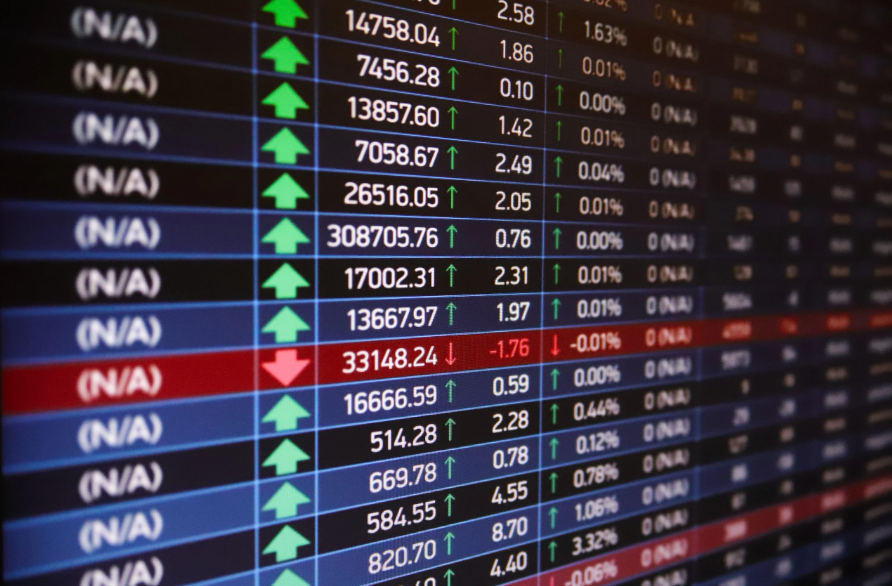BANGALORE, India – The Global Algorithmic Trading Market is Segmented by Component (Solution and Services), Type (Stock Markets, FOREX, ETF, Bonds, Cryptocurrencies, and Others), Deployment Mode (Cloud and On-Premise), and Type of Traders (Institutional Investors, Long-Term Traders, Short-Term Traders, and Retail Investors): Global Opportunity Analysis and Industry Forecast, 2021–2028. It is published in Valuates Reports under the Investing Category.
The global algorithmic trading market size was valued at USD 12,143 Million in 2020 and is projected to reach USD 31,494 Million by 2028, registering a CAGR of 12.7% from 2021 to 2028.
Major factors driving the growth of the algorithmic trading market are:
Reduced transaction costs, an increase in government regulations, rising demand for market monitoring, and an increase in demand for quick, dependable, and efficient order execution are some of the algorithmic trading market’s major growth factors.
TRENDS INFLUENCING THE GROWTH OF ALGORITHMIC TRADING MARKET
It takes too much time for traders to perform their own arbitrage computations because they often only exist for a very short time—often just a few seconds. As a result, traders employ Algorithmic Trading that can quickly identify and analyze arbitrage opportunities.
The rise in demand for reliable, fast, and effective order execution is expected to drive the growth of the algorithmic trading market. Big brokerage companies and institutional investors are increasingly using algorithmic trading to reduce the costs involved with trading. This is explained by the fact that algorithmic trading makes order execution simpler and faster, which attracts exchanges. Additionally, it makes it possible for traders and investors to immediately record profits from slight price movements. Because algorithmic trading allows users to quickly execute deals, it is driven by the surge in demand for effective trade.
Most financial services firms are using more AI and machine learning in order to benefit from the data from digitally driven channels. Many businesses that operate in industries like banking, insurance, and asset management use it. Over the past ten years, this has given rise to the trend of data-driven investments. This in turn increased the demand for algorithmic trading. These AI-powered trading platforms evaluate enormous volumes of data far more quickly than people could. As a result, AI and algorithms in financial services present an opportunity for algorithmic trading market growth during the projection period
Also contributing significantly to the rise of the algorithmic trading market is the fact that rising disposable income has increased trading activity.
ALGORITHMIC TRADING MARKET SHARE
Based on deployment, the cloud segment is expected to be the most lucrative. This is a result of financial organizations increasingly using cloud-based solutions to boost productivity and efficiency. Additionally, cloud-based algorithmic trading solutions are becoming more and more popular among traders since they guarantee efficient process automation, data preservation, and cost-effective management.
Based on components, the solution segment is expected to be the most lucrative. The advantages of algorithmic trading solutions, such as lower transaction costs owing to the absence of human intervention and quick and precise trade order placement, are what primarily fuel the demand for these solutions. In addition, market participants are providing sophisticated algorithmic trading systems to meet a range of customer needs.
Based on region, the Asia-Pacific region is expected to be the most lucrative.
Key Market Players
- 63Moons
- Virtu Financial
- Software Ag
- Refinitiv Ltd.
- Metaquotes Software Corp.
- Symphony Fintech Solutions Pvt Ltd.
- Argo Se
- Tata Consultancy Services
- Algo Trader Ag
- Tethys
Source: Valuates Reports





